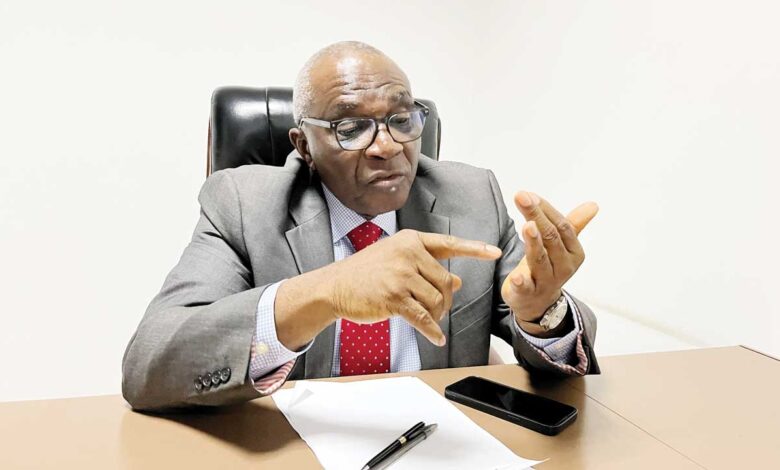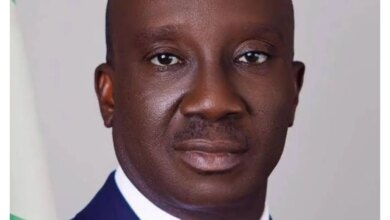Nigeria records N20.59trn revenue in 8 months, strongest fiscal performance in years

The Presidency on Wednesday announced that Nigeria recorded its strongest fiscal performance in recent history, mobilising N20.59 trillion in revenues between January and August 2025.
According to the figures, the collections represent a 40.5 per cent increase compared with N14.6 trillion in the same period of 2024, with non-oil sources contributing N15.69 trillion — three-quarters of the total.
This was disclosed in a statement on Wednesday by the Special Adviser to the President on Information and Strategy, Bayo Onanuga.
Onanuga said President Bola Tinubu, while receiving a delegation of the Buhari Organisation led by Senator Tanko Al-Makura on Tuesday, attributed the performance to reforms aimed at strengthening compliance, digitising tax administration, and reducing government borrowing.
Tinubu noted that the Federal Government has not borrowed from local banks since the start of the year.
Onanuga explained that the President said increased revenues have translated into record disbursements to subnational governments.
According to him, for the first time, monthly allocations from the Federation Account Allocation Committee to states and local governments exceeded N2 trillion in July 2025.
Despite the gains, he added that Tinubu admitted revenues remain insufficient to fully meet government ambitions in education, health, and infrastructure, but assured that efforts are ongoing to bridge the gaps.
Onanuga described the development as a major shift away from decades of oil dependence.
“Nigeria’s fiscal foundations are being reshaped. For the first time in decades, oil is no longer the dominant driver of government revenue. The combination of reforms, compliance, and digitisation powers a more resilient economy,” Onanuga said.
The Presidency further noted that the Nigeria Customs Service collected N3.68 trillion in the first half of 2025, exceeding its target by N390 billion and achieving 56 per cent of its annual goal.
It added that while inflation and exchange rate revaluation contributed to the rise, the growth was largely reform-driven. Final validation of the revenue figures will be published by the Budget Office at the end of the year.





